Science project
15 Have more information about the words that we saw during this year terms
Glossary made because of the science work
- Change of state
- Change: transitive verb
state: noun
- are physical changes in matter, it includes melting, freezing, sublimation, deposition, condensation, and vaporization.
- Example: It all depends in the change of state.
- en: Cambio de estado
-
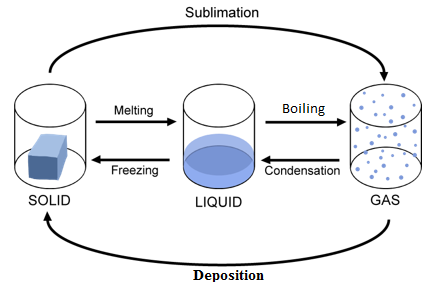
- Concentration
- Noun
- Example: The concentration made the water freeze.
- en: Concentración
-
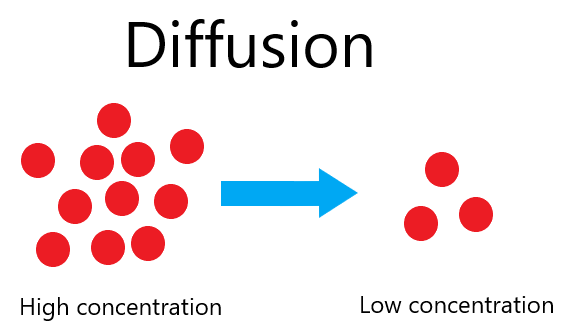
- Conclusion
- Noun
- Result or outcome, the final part
- Example: I got the conclusion of my experience days ago
- en: Conclusión
-

- Flow
- Verb
- The movement of something in one direction.
- Example: It depends if this subsatance flows or not.
- en: Fluir
-
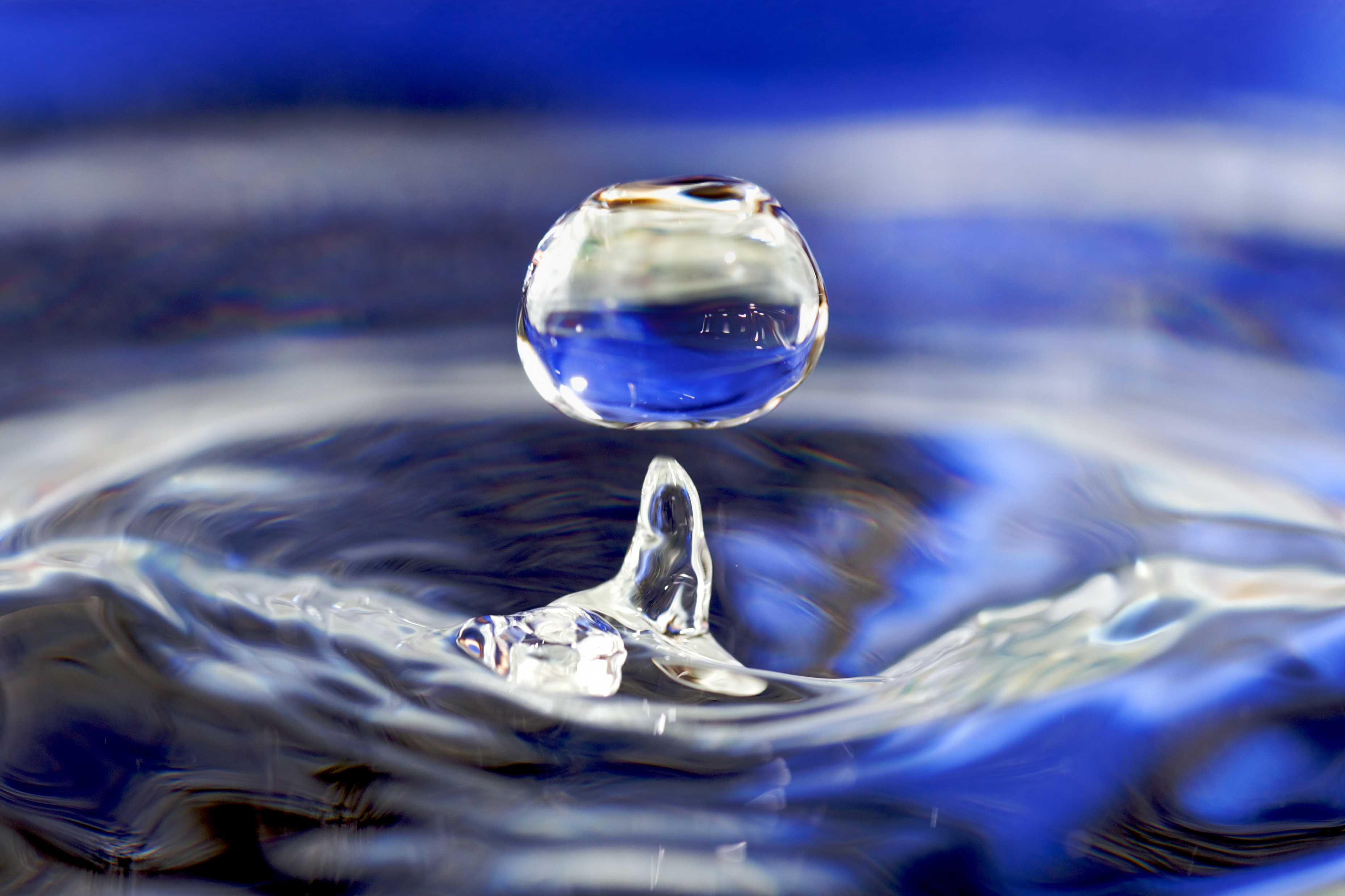
- Flow rate
- Flow: intransitive verb
Rate: noun
- The volume of fluid that passes through a given surface at a given time.
- Example: The flow rate of this substance was send to the laboratory
- en: Tasa de flujo
-
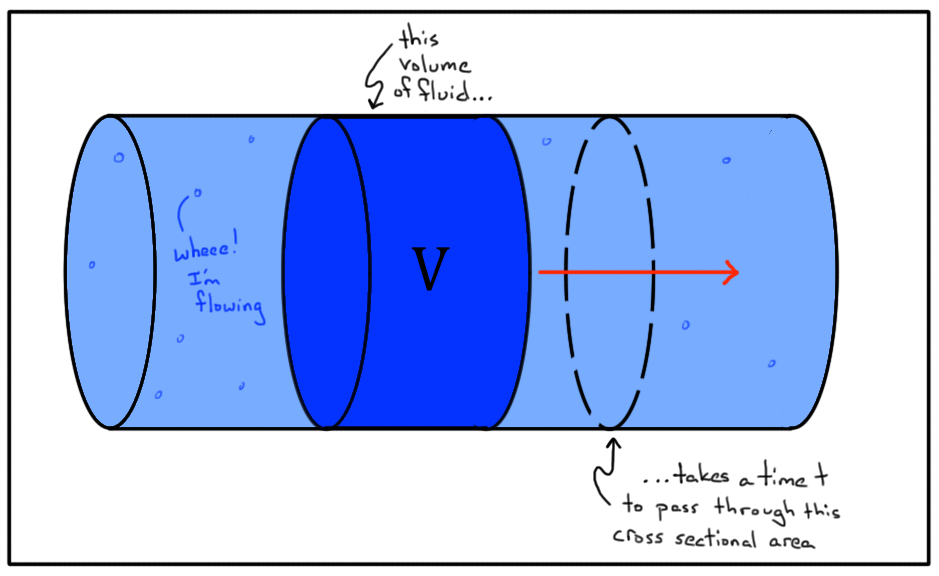
- Fluids
- adjective
- Is a substance that continually deforms (flows) under an applied shear stress, or external force.
- Example: These substances are classified as fluids.
- en: Fluidos
-

- Hypothesis
- Noun
- A proposed explanation that accounts for observed experiment or known facts and that can be used to guide any experiment
- Example: My hypothesis is that the oxygen will make it explode.
- en: Hipótesis
-

- Observation
- Noun
- The process of noting and recording data for scientific investigation or other particular use.
- Example: After days of observation I finally have a conclusion.
-

- Particles
- Noun
- Is a small localized object or entity to which can be ascribed several physical or chemical properties such as volume, density or mass.
- Example: Each substance has his own particles.
- en: Partículas
-

- Scientific Inquiry
- Scientific: adjective
Inquiry: transitive verb
- Refers to the different ways in which scientists study the natural world and propose explanations based on evidence from their work.
- Example: we talk about values and objectivity in scientific inquiry.
- en: La investigación científica
-
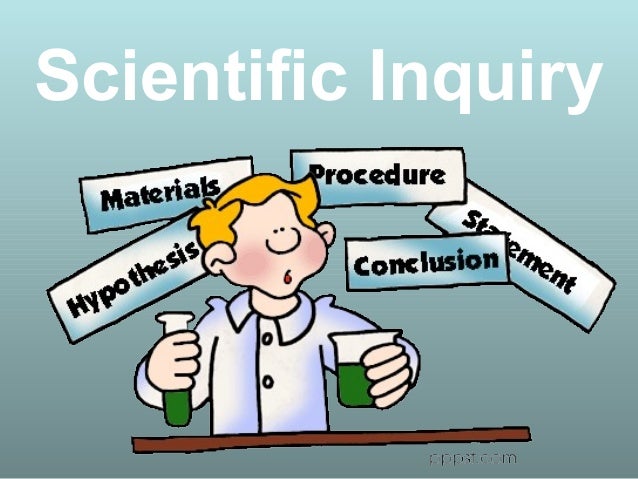
- Statement
- Noun
- any sentence that is not a question, assertion.
- Example: My financial statements are not going how I expected
- en: Declaración
-
:max_bytes(150000):strip_icc()/IncomeStatementFinalJPEG-5c8ff20446e0fb000146adb1.jpg)
- Substance
- Noun
- A material with particular physical characteristics
- Example: This substance has a low level of viscosity.
- en: Sustancia
-

- Temperature
- Noun
- A measure of the warmth or coldness of an object or substance
- Example: The temperature is changing depending on the substances that we add.
- en: Temperatura
-

- Testable question
- Testable: noun
question: noun

- Viscosity
- Noun
- Is the physical property that characterizes the resistance of a fluid to flow
- Example: The viscosity of this substance is really low.
- en: Viscosidad
-










:max_bytes(150000):strip_icc()/IncomeStatementFinalJPEG-5c8ff20446e0fb000146adb1.jpg)













:max_bytes(150000):strip_icc()/IncomeStatementFinalJPEG-5c8ff20446e0fb000146adb1.jpg)



